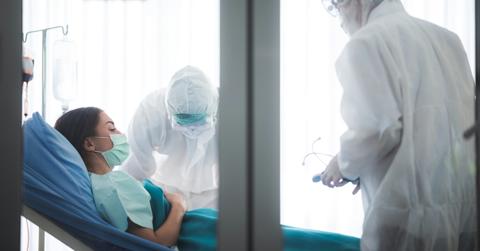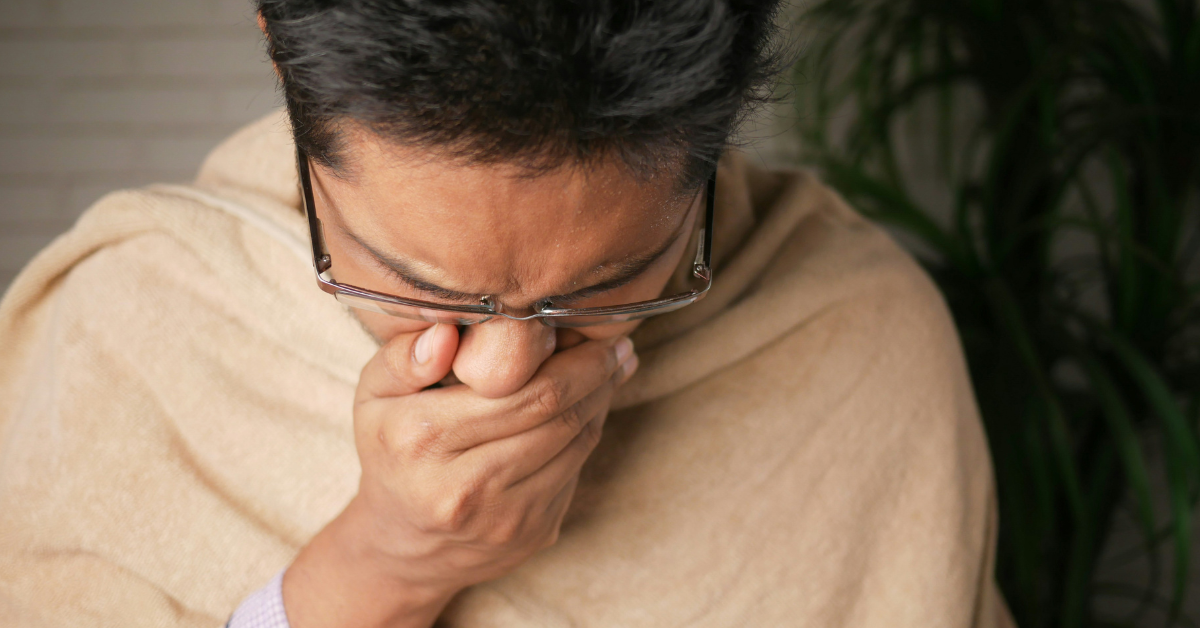Understanding Legionnaires' Disease, the Source of One of the 20th Century’s Worst Medical Tragedies
The disease was around for decades before it was discovered.
Published Aug. 6 2025, 12:24 p.m. ET

Legionnaires' disease, which is caused by the bacteria Legionella, makes headlines every few years when an outbreak occurs. While most people have never heard of the disease until it pops up in the news, it's actually been around for quite some time.
However, the most interesting part of the disease isn't that it's been lurking in the background for so long, but instead the interesting history of how it was discovered.
That's because it took a team of scientists and experts years to piece together a medical mystery that sickened hundreds and killed more than two dozen people the first time it was discovered.
Keep reading to learn where Legionnaires' disease came from, how you contract it, and which symptoms to be on the lookout for.

Where did Legionnaires' disease come from?
While Legionnaires' disease has been around for a very long time, it was only discovered in 1976 when more than 200 people mysteriously fell ill. According to The Legionnaires' Lawyer blog, it all went down during a bicentennial celebration in Philadelphia, where 4,000 members of the state's American Legion had gathered to celebrate.
More than 600 Legionnaires involved in the celebration were lodging at the Bellevue-Stratford Hotel, which became ground zero for the illness.
Just one day after the days-long convention began, several people started reporting pneumonia-like symptoms, and just days later, the first death took place. Medical professionals were baffled by what had sickened so many in such a short time frame, and experts from around the country came to the city to try to solve the mystery.
Speculation ran wild during that time, and people believed everything from biological warfare to CIA experiments was to blame.
But a few months later, in December 1976, a doctor with the U.S. Centers for Disease Control and Prevention (CDC) was able to trace the disease back to Legionella pneumophila, which they believed was spread by the hotel's HVAC system.
It wouldn't be until April 1977 that the term Legionnaires' disease was first publicly used to describe the illness. After that, experts worked diligently to see if they could trace the illness back to prior outbreaks.
Based on their research and testing, they believe that the first true case of Legionnaires' disease happened in Austin, Minnesota, in 1957, when nearly 80 Hormel Foods Corporation employees came down with a similar illness.
How do you get Legionnaires' disease?
The good news is that Legionnaires' disease isn't spread from person to person. Instead, the CDC said that it's typically spread by liquid containing Legionella bacteria, which makes people ill when they breathe it in.
The most common way that happens is when Legionella bacteria get into water systems, which the CDC says includes:
- Cooling towers
- Complex or commercial plumbing systems
- Decorative water features or fountains
- Hot tubs
- Sinks and showerheads
Fortunately, home AC units are not typically at risk of developing Legionella growth, since they don't rely on water vapor to cool the air.
What are the symptoms of Legionnaires' disease?
According to the Mayo Clinic, the symptoms of Legionnaires' disease closely mimic pneumonia, and they can begin anywhere between two to 10 days after exposure. Symptoms can include:
- Muscle aches
- Headaches
- Fever of 104 or higher
- Cough
- Trouble breathing
- Nausea, diarrhea, and vomiting
- Chest pain
- Confusion
When left untreated, Legionnaires' can be fatal, so it's important to see your doctor if you expect that you've been exposed.